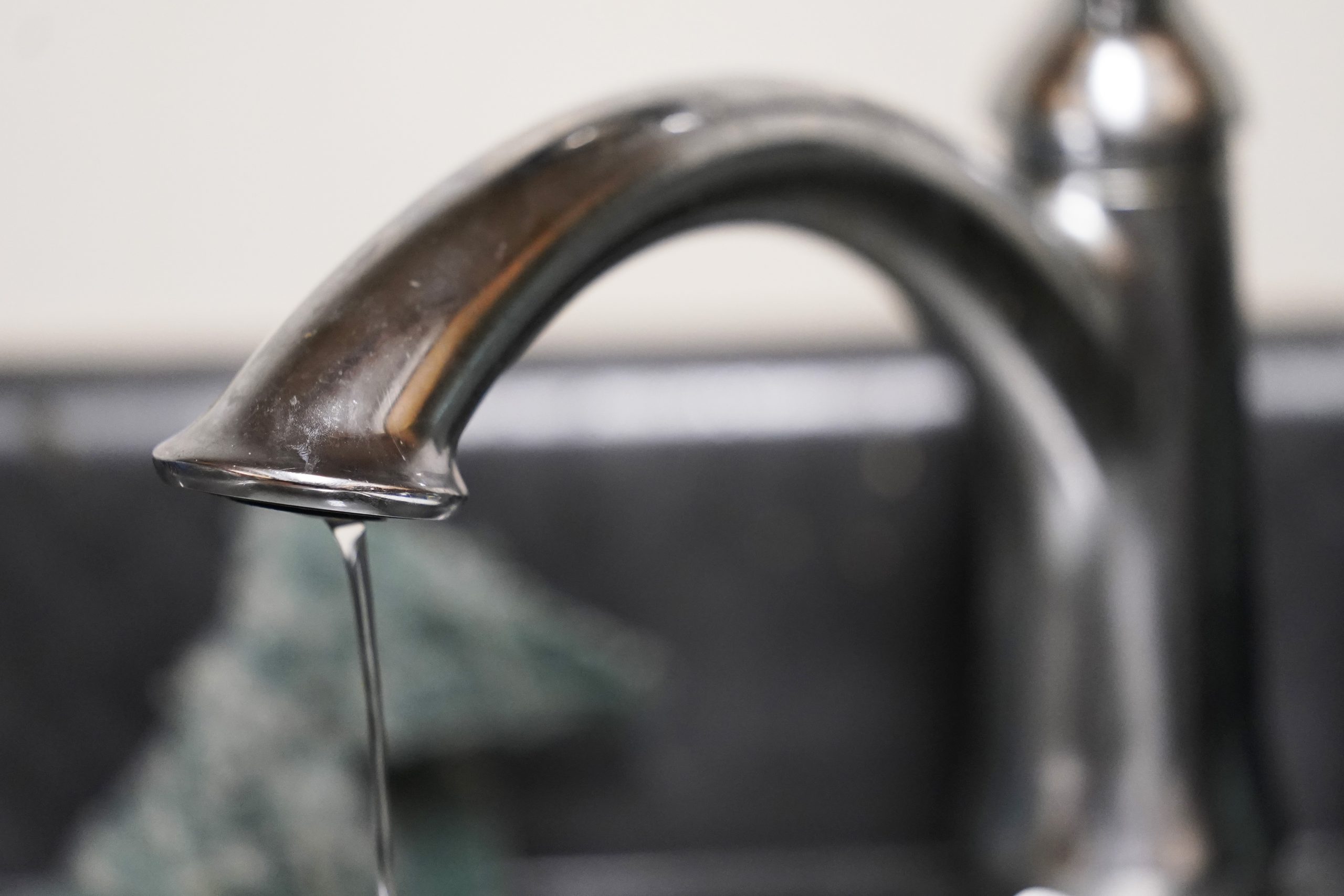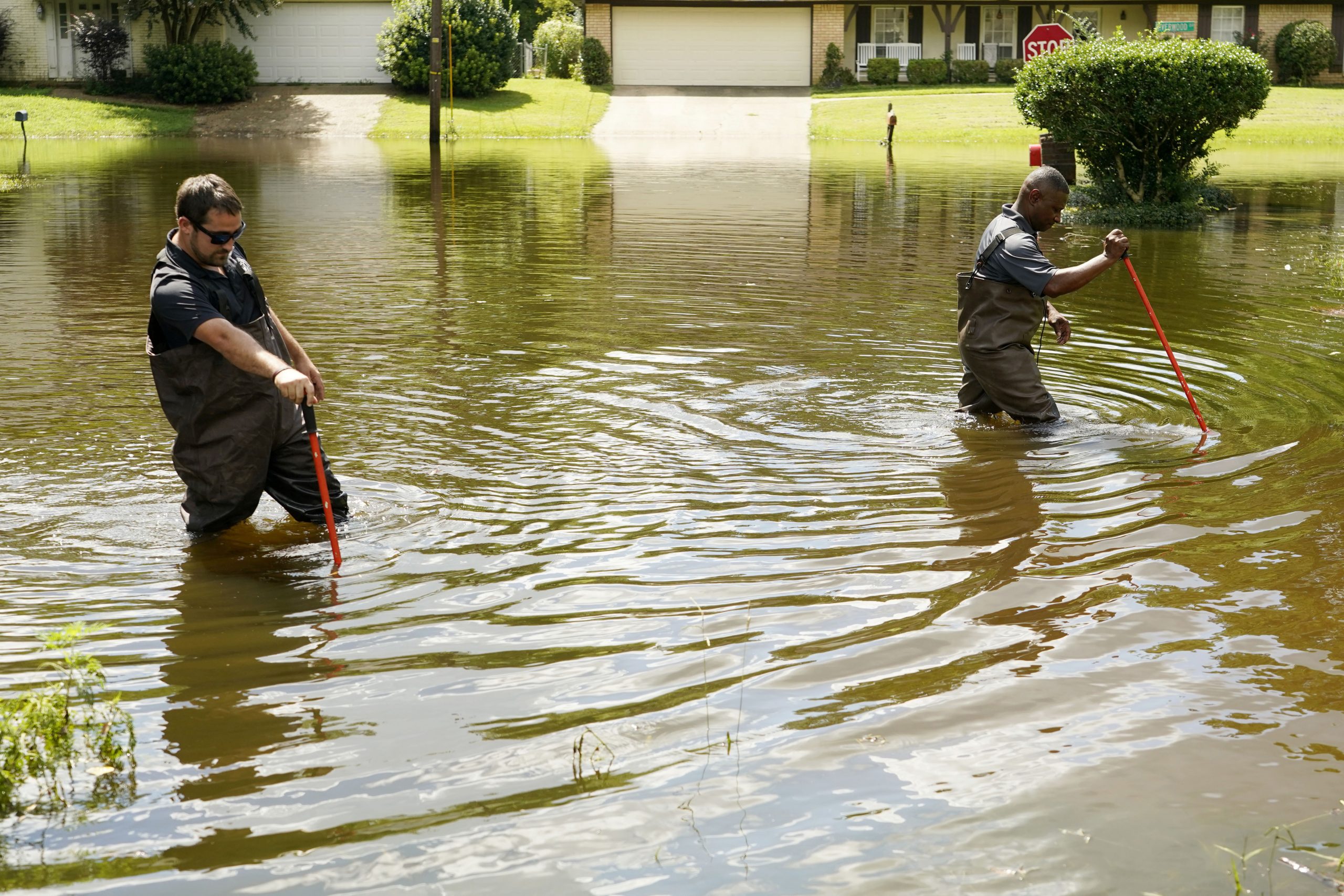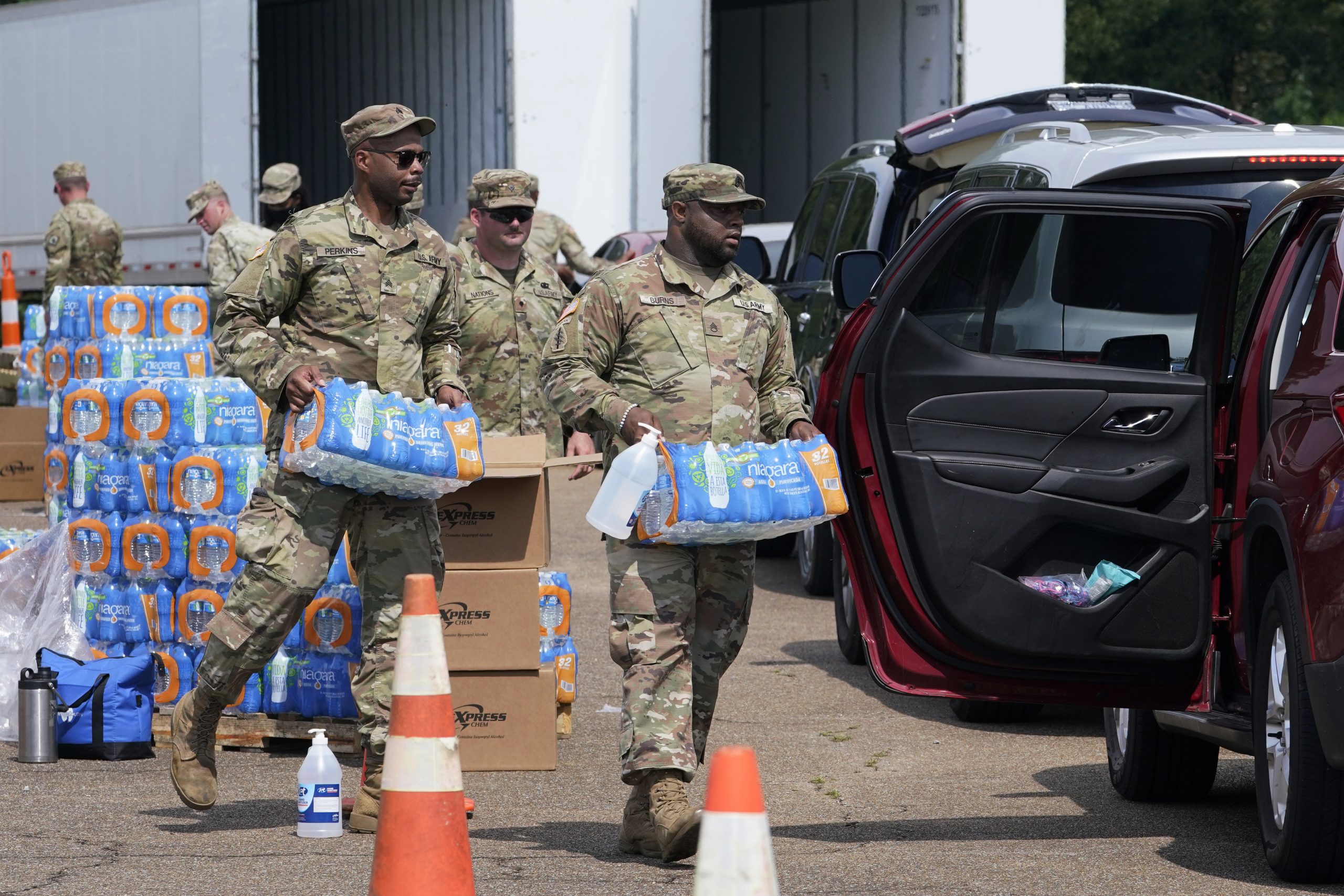Tens of thousands of Mississippians have been struggling with little to no running water for nearly a week following a perfect storm of woes coming to a head in Jackson, the state capital.
It all culminated last week when torrential rainfall triggered massive flooding from the Pearl River that washed over Jackson and propelled an already faulty water treatment facility to failure. But the groundwork for the water crisis stems from years of cascading troubles plaguing the city’s water system, according to officials.
MISSISSIPPI GOVERNOR DECLARES STATE OF EMERGENCY AS JACKSON RUNS LOW ON DRINKING WATER
“I have said on multiple occasions that it’s not a matter of if our system would fail but a matter of when our system will fail. This is a set of accumulated problems based on deferred maintenance that has not taken place over decades,” Mayor Chokwe Antar Lumumba declared at a news conference earlier this week.
Jackson’s water infrastructure has long suffered from deficiencies. Last year, for example, a powerful winter storm pummeled the city, causing pipes to freeze and burst, resulting in numerous residents lacking water for nearly a month, CNN reported.

A year prior, the city also failed an Environmental Protection Agency inspection of its water system, with investigators concluding the water could be conducive to harmful bacteria or parasites.
The city subsequently brokered an agreement with the EPA, pledging to remedy the long-standing challenges dogging its water infrastructure. A few months later, the EPA awarded Mississippi a $74.9 million grant to improve the state’s water systems, which city officials were hoping to tap into.
Lumumba estimated that the city needs a minimum of $1 billion to remedy its water distribution system and billions more to fix all of its water system’s long-term ailments. This includes funding needed to upgrade its outdated equipment and deteriorating infrastructure, according to the mayor. Before the rainstorm, a number of water pumps failed, and the city was leaning on some of its backup pumps, which are weaker than the main ones, per WHEC.
Some experts have pinned part of the blame for the city’s deteriorating infrastructure on the lack of investment in the city stemming from white flight. Jackson is home to roughly 150,000 residents, about 83% of whom are black. In 1980, roughly 47% of the city’s population was black.
STOP BLAMING ‘INSTITUTIONAL RACISM’ FOR DEMOCRATS’ FAILURES
In addition to repairs, officials have also pointed to staffing shortages at its water facilities. Over the summer, officials mulled different options to help alleviate understaffing. Under federal law, water treatment facilities must have a minimum of one Class A0certified water operator at all times, WHEC reported. But the city has struggled to hire Class A-certified water operators.
“We have started entertaining how we bring in former city employees at an hourly [rate], or with their hours capped, so it doesn’t affect their retirement but allows them to augment our staffing at our water treatment facilities,” Lumumba said before the crisis unfolded, WAPT reported.
Then came the storm.
Starting last week, excessive flooding began to overload the city’s water system, namely the O.B. Curtis Water Treatment Plant. Excessive rainwater can carry sediments and other contaminants that can slog down filtration systems, Vox reported. As the system began to stall from the influx of raw water, it was unable to replenish the city’s water towers fast enough, leading to a steep drop in pressure.

As a result of low pressure, untreated groundwater can enter the system via cracked pipes. Residents in Jackson have already been under state directives to boil their water due to discoloration discovered in July, CNN reported.
Gov. Tate Reeves (R) has re-upped calls for Jackson residents to boil their water during news conferences addressing the crisis this week. He recently noted that sensors measuring pH have been wonky, making it difficult to ensure the water is properly treated.
On Tuesday, Reeves declared a state of emergency in response to Jackson’s water woes. He activated the National Guard and directed the state to rush resources to the city as officials scramble to remedy the crisis as quickly as possible.

CLICK HERE TO READ MORE FROM THE WASHINGTON EXAMINER
Members of the National Guard have distributed more than 1 million bottles of water to residents. Meanwhile, schools have been closed, opting for remote learning instead, and residents have reportedly struggled to take showers and flush toilets as the water emergency continues to plague the city.
Slowly, water is being restored to some parts of the city, but officials have not been forthcoming with a timeline as to when they think the city’s water system will return to full functionality.
